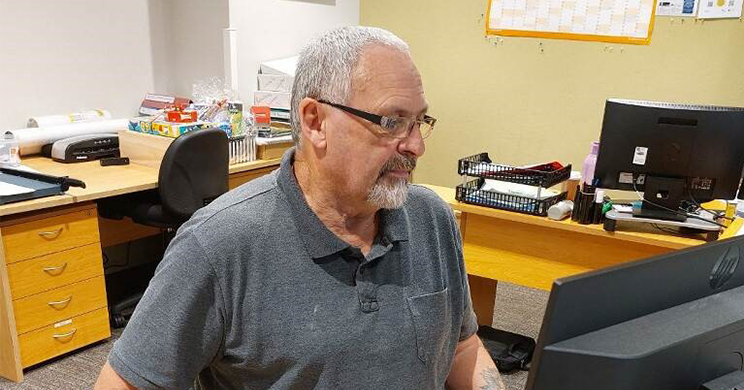Metlifecare at the forefront of dementia understanding

Metlifecare’s team of more than 600 non-clinical staff across 33 village are now better equipped to communicate more compassionately with residents living with dementia, in a first for Aotearoa.
Alzheimers NZ’s Dementia Learning Centre (DLC) designed the bespoke programme specifically for their team, with Metlifecare’s Dementia Friendly Recognition Programme co-lead Bronwyn Webster.
This programme is above and beyond the requirements to become accredited under the Dementia Friendly Recognition Programme, which the business is working towards.
Bronwyn says it was important their team learned about stigma and discrimination faced by people living with dementia.
While it was a logistical challenge, she says it was one definitely worth undertaking because being able to better support residents with dementia through positive communication and interactions is one of the most critical things staff can do.
“To become Dementia Friendly, we needed to make changes to all our villages, so the culture of the organisation is more supportive and inclusive.
“So, we needed the programme to be relevant and relatable because it was designed for our gardeners, maintenance workers, kitchen staff, housekeeping, and other support staff.
“But it also had to be based on dementia educational principles so that our clinicians and healthcare trainers could take the training to our other staff.
“And we had to start by building up our staff’s understanding of what dementia is, so we could ensure all our residents – no matter what stage of their dementia journey they were in – felt included in village life.”
As the maintenance supervisor at St Andrew’s Cambridge Village, Grant Walters (pictured above) interacts with residents on a daily basis.
But it wasn’t until he completed the programme that he was “woken up to a few things”.
“I often get calls from frustrated, grumpy, or anxious residents about one thing or another and I would rush over thinking it was important. Instead, they would offer me a cup of tea when I arrived,” he says.
“But instead of becoming frustrated myself, I now understand better where their frustration is coming from, and know I must be more patient.
“I think what Metlifecare is doing is great because dementia can be a hidden condition that comes in all shapes and forms.
“And the programme has opened me up to a better understanding of it and how to speak with and treat people living with it.”
DLC director Dr Kathy Peri tailored the programme to Metlifecare’s needs by taking a human rights-based approach and putting its residents at the heart of the content.
The programme took attendees through the stigma and discrimination people with dementia face and their human rights, the communications challenges faced by many and the compassionate approach to connect with people through active listening.
“It’s important to meet the person with dementia where they are at, at that time, and the challenges they are facing each day,” says Kathy.
“By taking a human rights-based approach, people living with dementia are treated with respect, supported to make decisions that are important to them, and receive the care and support they need to live with dignity.”
“What this looks like at the coalface is pretty straightforward: active listening, positive body language, not offering advice without an invitation or getting upset or defensive and speaking in short sentences.”

